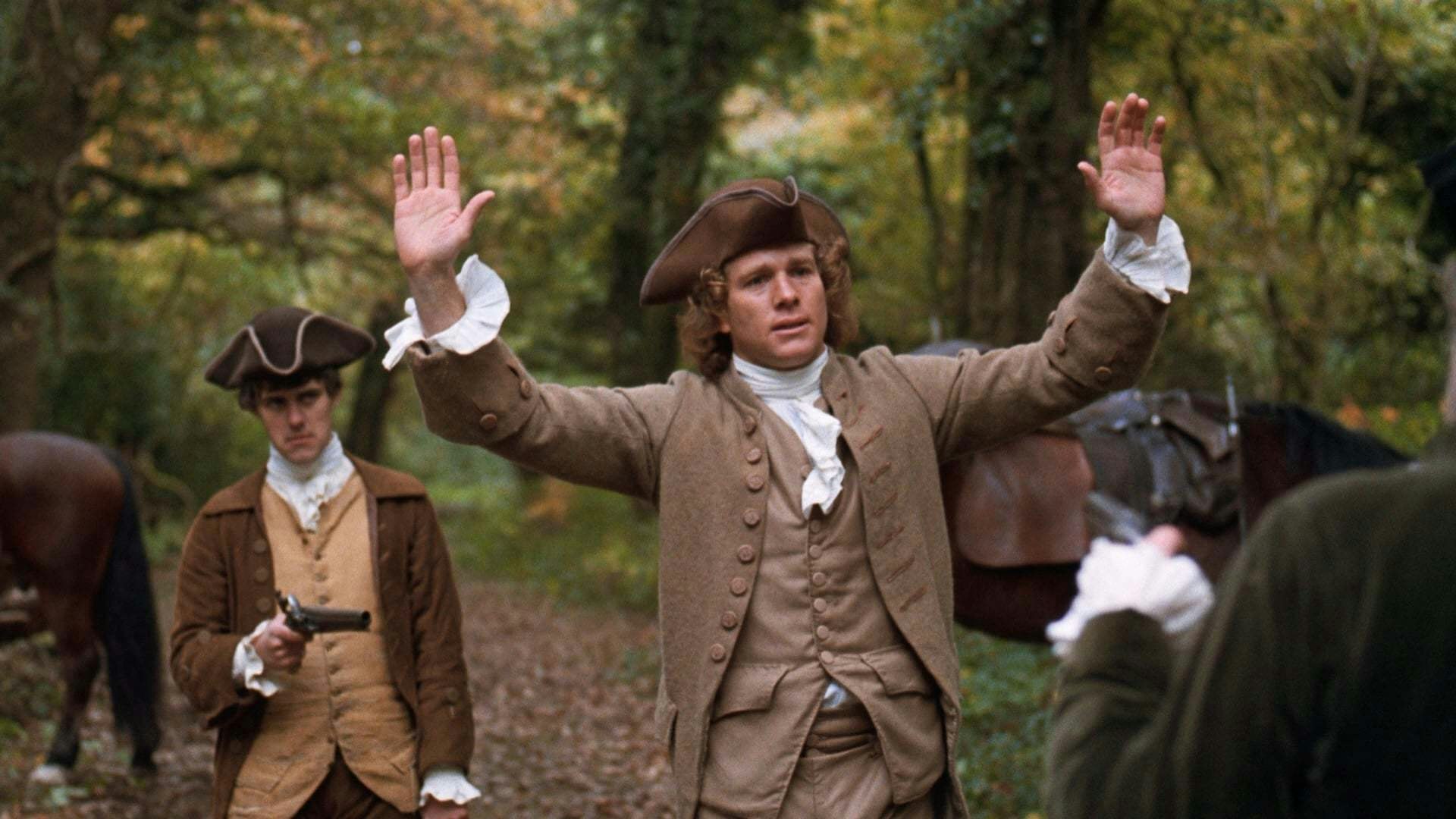Barry Lyndon (1975) and Temptation
An opportunist's rise into (and eventual fall from) high society through no merit of his own, only making it as far as he does through a series of self-aggrandizing lies and well-timed circumstances.
Kubrick depicts the oddities of the 16th century in stunning painterly strokes. There's a strange formality and pompousness in every line of dialogue and action within the first act, so much so that it seems to poke fun at the frivolousness of the period's societal structure and customs. Barry at this point in the film views high society merely as a goal to reach, a reality free from the problems he's used to.
Upon attaining this ideal reality, Barry uses his newfound wealth as a free ticket to indulge in mindless hedonism. He is but a fool enchanted by pleasures that knows no pains. His wealth has no longevity and his happiness has no bearings. Kubrick's beautiful imagery now serves a different purpose, undercutting the slowly building tragedy as it unfolds.
Barry Lyndon is more-so about the negative attitudes that can be borne of the romanticization of the rags to riches trope. Barry isn't even poor to begin with; it is a nuanced take that positions him as the average man, most susceptible to greed and pleasures, unremarkable in most regards. No grand tales of heroic ambition, or of a great romance, or of shrewd deceit.
Just a blank slate and a question:
"What about you? Would you fall prey to the temptations of wealth?"
Originally posted on Letterboxd on 10th April, 2024

Comments
Post a Comment